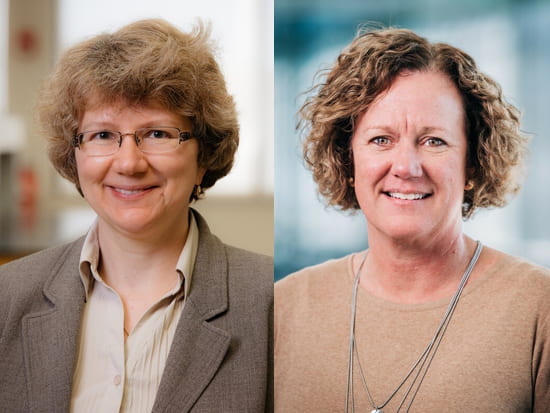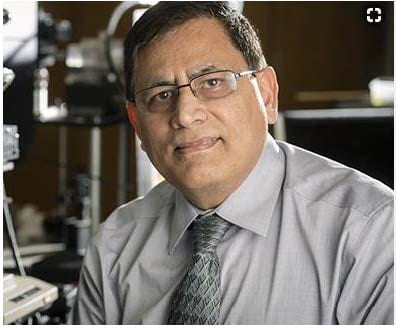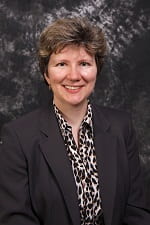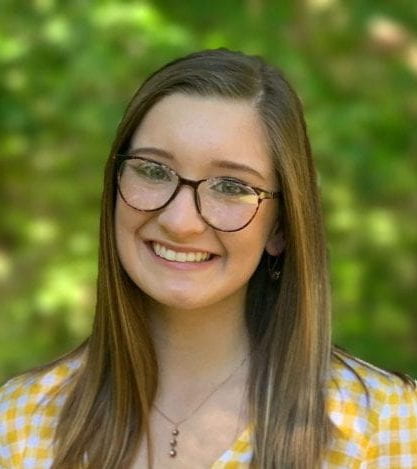The United States Department of Education has given a three-year training grant award to the University of Alabama at Birmingham’s Department of Physics under the Graduate Assistance in Areas of National Need, or GAANN, program.
The GAANN program will support five Ph.D. students with an annual competitive stipend up to $37,000, along with an additional yearly educational allowance to cover graduate tuition and other costs. Yogesh Vohra, Ph.D., associate dean for the College of Arts and Sciences, will serve as the project director for the program and hopes graduates will fulfill the national need for the United States workforce in quantum information sciences.
Read the full story as originally posted on UAB News website.






